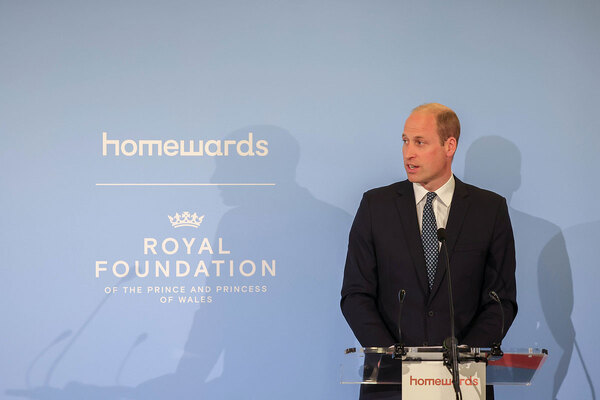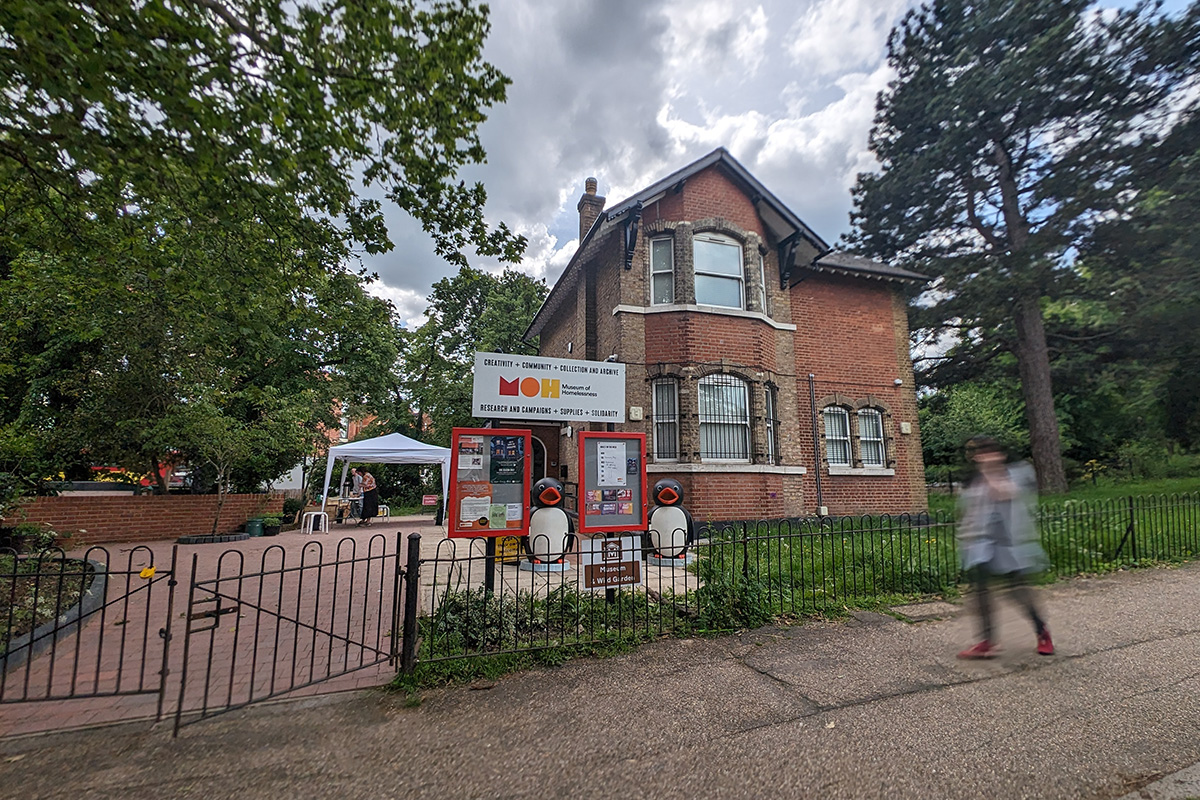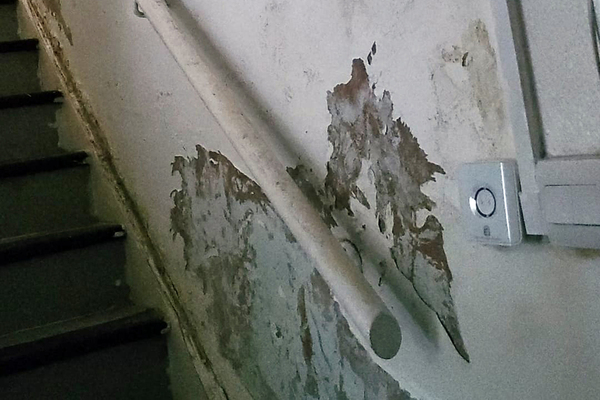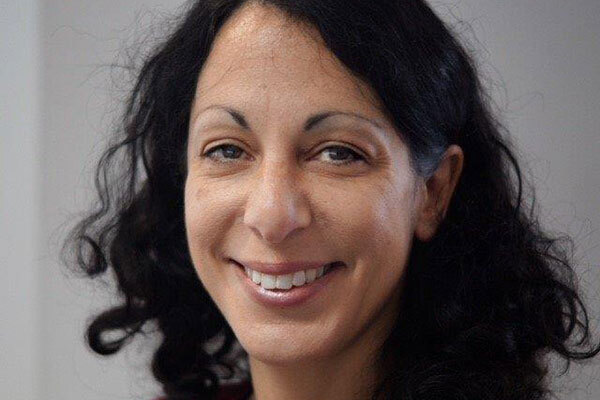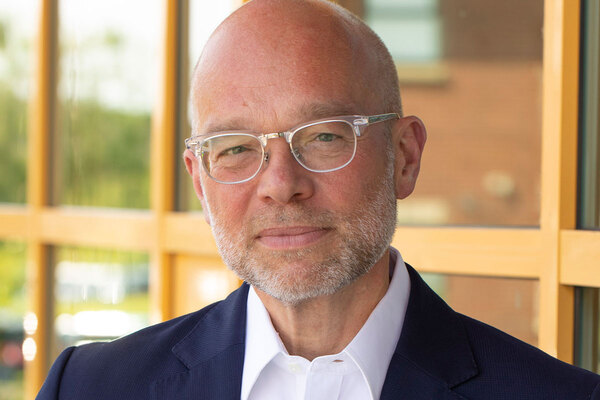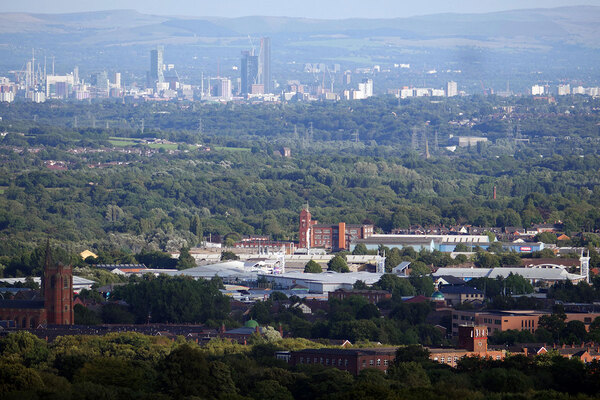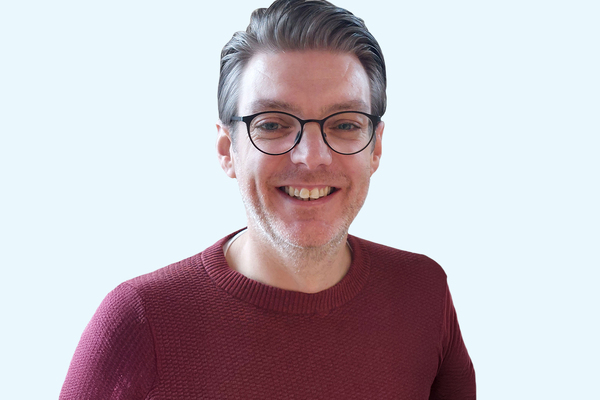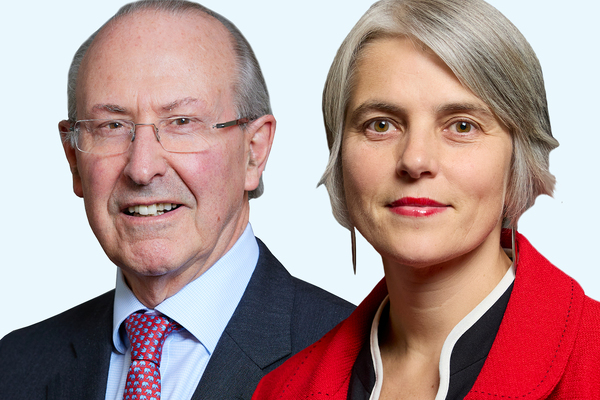Prince William marks one year of homelessness project
The Prince of Wales met with homelessness experts and advocates in south London to discuss the progress of his Homewards project. Alex Funk reports
On a sunny day in Brixton, a fleet of Land Rover Discovery cars line a quiet street. They shield a metal gate, which conceals a buzzy garden party from passers-by. Attendees sip on cups of tea, the sporadic rattle of a train on the bridge above accompanying their chatter. Amid the suits and summer dresses, a small camera crew follows Prince William as he speaks about his project and converses with the people who are making it happen.
One year has passed since Prince William launched Homewards – a five-year project committed to tackling homelessness. Homewards spent a year polishing its approach by focusing on six locations and identifying the different ways in which homelessness can happen in these areas, and to whom. The Royal Foundation of the Prince and Princess of Wales has donated around £500,000 in seed funding for ongoing efforts in the six locations of Lambeth, Sheffield, Newport, Northern Ireland, Aberdeen and Bournemouth, Christchurch and Poole.
By providing affordable housing alongside wraparound support and homelessness prevention measures, Homewards hopes to become a blueprint for addressing homelessness nationwide. Last week, the Prince of Wales returned to Lambeth, where the project was born, to celebrate the progress made by Homewards’ improved method and to hear from representatives from the six locations about how they are working to transform the lives of their participants.
Addressing a crowd of Homewards expert panellists, homelessness advocates, project partners and press, Prince William says: “I created Homewards because I wanted us to look at the issue of homelessness through a different lens: to inspire a movement to prevent people from ever experiencing homelessness in the first place.
“I know this will take a huge effort. And I know that demonstrating that homelessness is not an inevitable part of our society will take time. As we gather here today in Lambeth, it’s an opportunity for us to take stock of all the hard work that has already been done over the last year as we work together to make homelessness rare, brief and unrepeated. But there is so much more work still to do.”
Liz Laurence, the programme director of Homewards and a “self-confessed housing nerd”, tells Inside Housing that Homewards’ first year can be characterised by “collaboration”. Ms Laurence emphasised the vitality of laying strong foundations and forming healthy coalitions when embarking on a goal that cannot be achieved overnight.
“I know this will take a huge effort. And I know that demonstrating that homelessness is not an inevitable part of our society will take time”
The social enterprise has ties with over 500 diverse organisations, “from football clubs to major businesses”, all with one shared goal of “putting each of the locations on a trajectory to ending homelessness”.
Michael Corbishley, head of local delivery, echoes the importance of community. He told us: “Homewards isn’t steered by personal agendas, we are collective and collaborative. A societal problem requires a societal response.”
Ms Laurence explains that Homewards’ unique approach focuses on preventing homelessness rather than “managing a crisis”. She says she recognises the six districts as “coming from different contexts”, meaning that the support offered will vary in line with localised issues.
Homewards uses data to pinpoint who presents as homeless, so appropriate measures can be taken. In central London, young people can be badly treated by the private rented sector and insecure employment, which is perhaps an atypical image of homelessness. Ms Laurence explains: “A secure home and a secure wage is key in preventing homelessness.”
She also points out that there isn’t enough data available about children living insecurely, which will help inform the tailored action plans for each area that will emerge in the coming year.
Mr Corbishley lays out Homewards’ three elements for improving job security, including engaging local businesses to make jobs accessible; ensuring that organisations are appropriately training individuals with skills that employers are looking for; and putting the right support in place for jobseekers to “end up with a really clear employability pathway.”
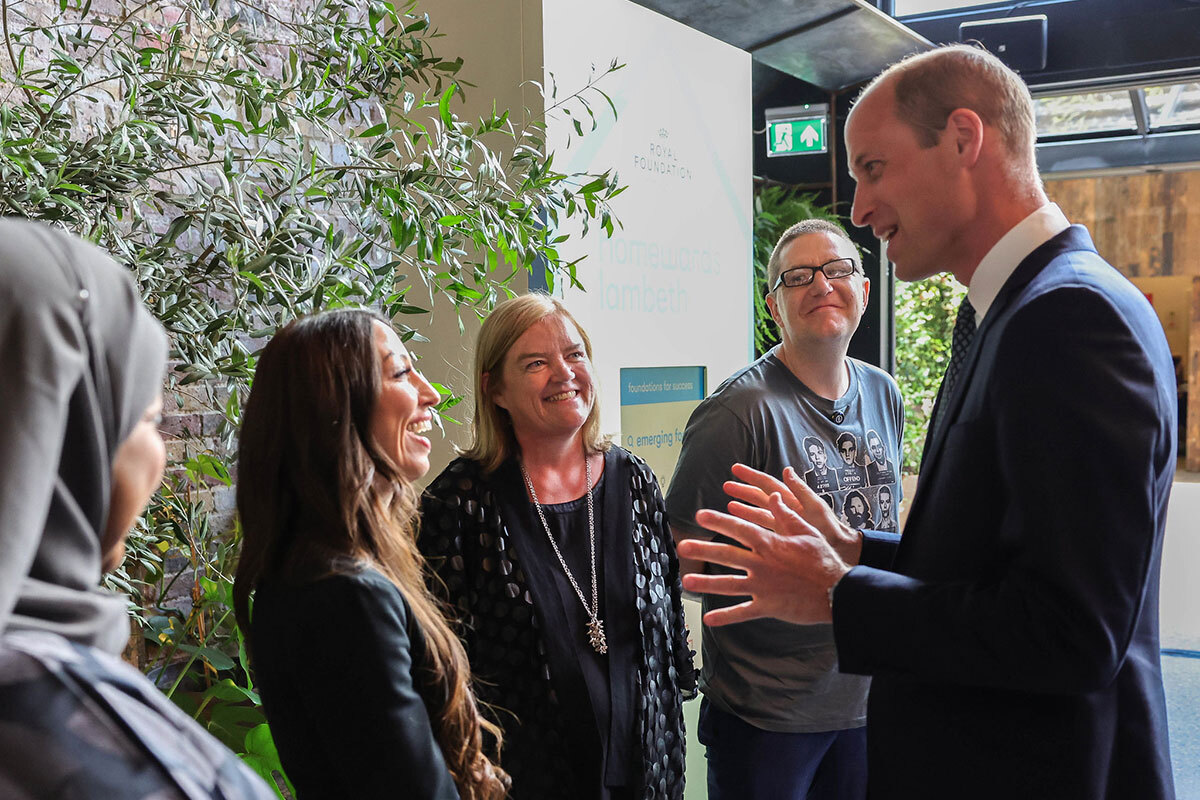
Before delivering his speech, Prince William speaks to homelessness advocates, clasping their hands in earnest and thanking them for their contributions. Sabrina Cohen-Hatton, chief fire officer at the West Sussex Fire and Rescue Service, was one advocate in attendance. She shares her personal story, from sleeping rough as a teenager, to advising a royal on the housing crisis.
She says: “Think about the reality of someone experiencing street homelessness – that sense of vulnerability that you have while sofa-surfing or in temporary accommodation and when we feel unsafe, when we feel insecure.
“And we’re human; we absorbed that and that becomes a part of how we expect the world to respond to us and how we see ourselves.
“I feel like my recovery from homelessness was as hard, if not harder, than the day-to-day survival”
“And so, there’s no recovery from homelessness. And that stigma that we face becomes a little more challenging. I feel like my recovery from homelessness was as hard, if not harder, than the day-to-day survival.”
One of the main objectives of Homewards is to challenge society’s view of homelessness and the plight of those experiencing it. This involves advocating the notion that ending homelessness is a plausible reality, as well as erasing the hostility and indifference that people without homes face from other members of society.
Having the Prince of Wales head up Homewards is great for the cause, Mr Corbishley says, but he admits that a barrier in getting the organisation off the ground was trying to make people understand the importance of the project beyond its figurehead.
“This isn’t fundamentally about Prince William, it’s about homelessness,” he says.
Recent longform articles by Alex Funk
Prince William marks one year of homelessness project
The Prince of Wales met with homelessness experts and advocates in south London to discuss the progress of his Homewards project. Alex Funk reports
Who is the new housing minister Matthew Pennycook?
Primary school governor, Climate Change Committee member, wealth distribution researcher. He seems to have done it all, but how will Matthew Pennycook wear this next hat? Alex Funk reports
Sign up for our homelessness bulletin
Already have an account? Click here to manage your newsletters
